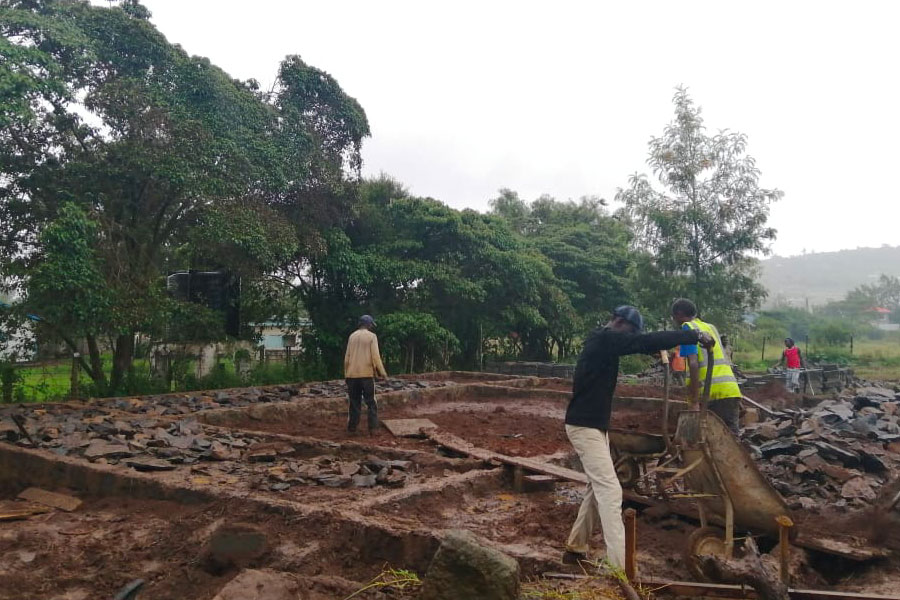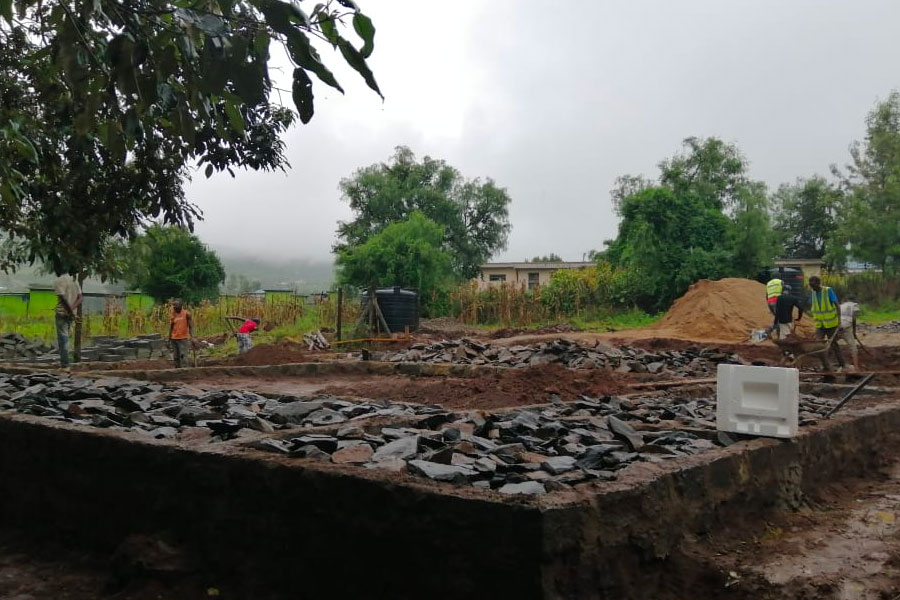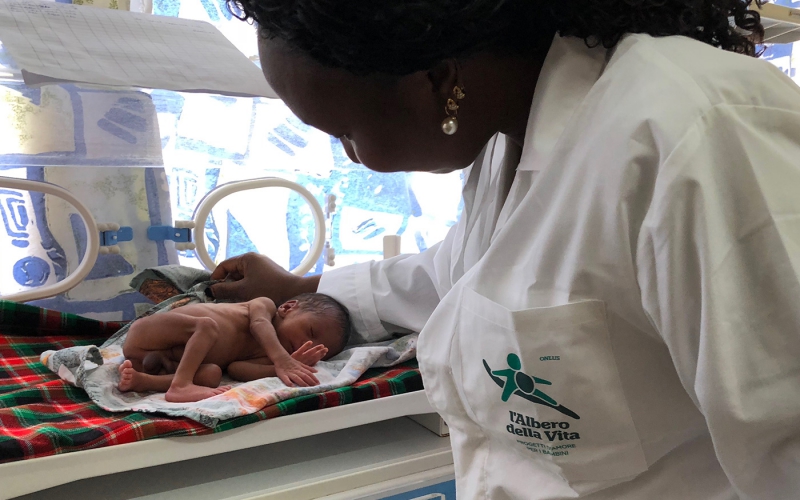Our objective is to increase and improve the quality of Health services provided in Samburu County strengthening the maternity ward of Maralal hospital and building a Shelter for pregnant women next to Maralal Hospital. Hence improving the mother and Child health, in line with Sustainable Development Goal 3 (Ensure healthy lives and promote well-being for all at all ages) and 5 (Achieve gender equality and empower all women and girls).
The interventions we will do will be:
- Support Maternity of the central Hospital of Maralal
- Construction of the Mother and Child center (“maternal shelter”)
The first one, FTCK in collaboration with FADV has established in the area of Maralal in Kenya, a project of protection of maternal and child health, with the goal of saving the lives of at least 1,000 women and children. The impact of maternity support will produce an increase of women who frequent the center to give birth thanks to the improvement of services offered, primarily the purchase of new delivery beds that are critical in terms of safety and hygiene.
FADV has supported FTCK to equip the maternity ward with the procurement of very important materials, such as Maternity kits for all the year (about 2000 kits), 1 Delivery bed , Hospital materials for staff protection, 1 Cardiotocograph and paper printing for the monitoring of fetal heart rate and uterine contractions during labor, bed pillows for patients.
The second one, there has been an increased need to ensure that more expectant women in Samburu County have access to specialized delivery. Since most of the women live far from the hospital, the Infant maternal shelters have become a very effective intervention.

We are building the maternal shelter
With the financial support of Lombardia Region, FADV and Africa Digna Foundation, FTCK is constructing a maternity home near the public hospital of Maralal, in Samburu County, northern Kenya. The project will be implemented jointly with the Kenyan government and Find The Cure Kenya.
The structure realized by FTCK represents an accommodation for women in the region who live in isolated communities from any health center and that in most cases give birth in extremely precarious conditions. The goal is to use this “shelter” to face the last stage of pregnancy and to receive proper medical support.

We are building the maternal shelter
The development of this type of initiative is an essential part of a comprehensive program to reduce maternal mortality, with the aim of providing more efficient services for pregnant women due to the presence of qualified staff and the proximity of the central hospital of reference

